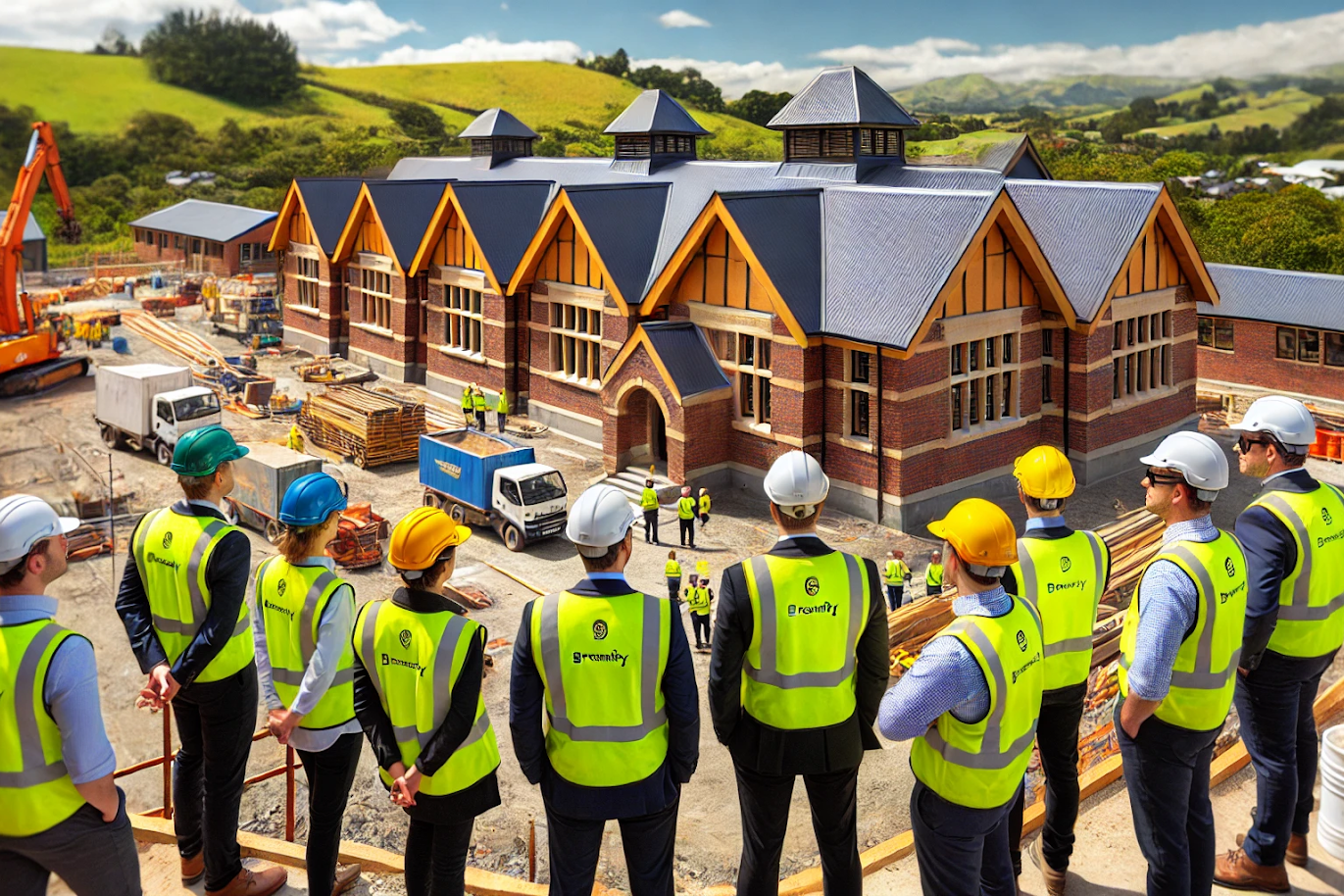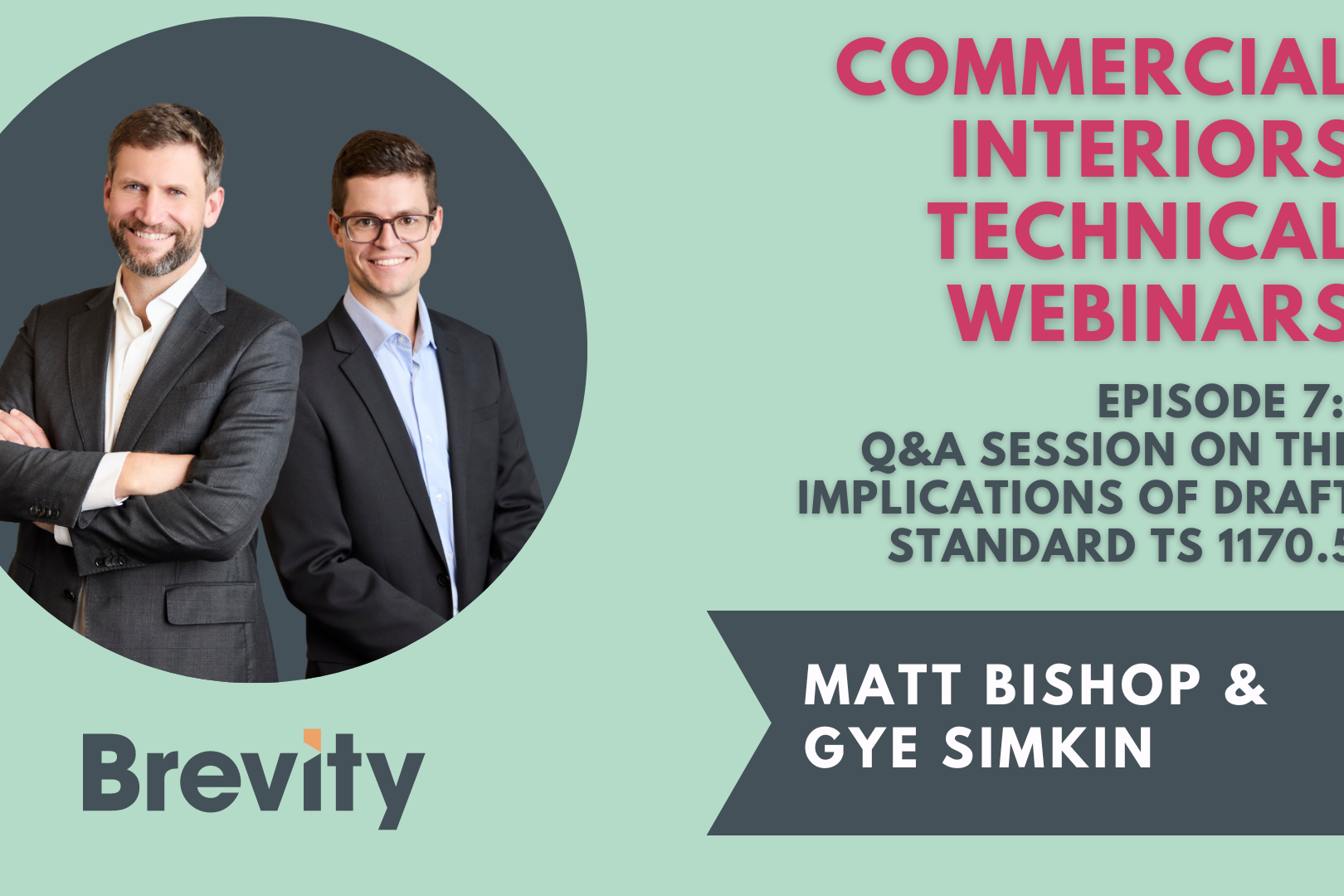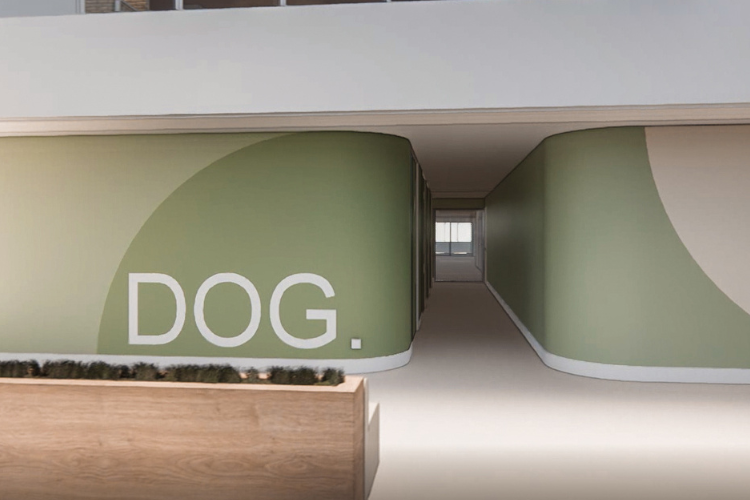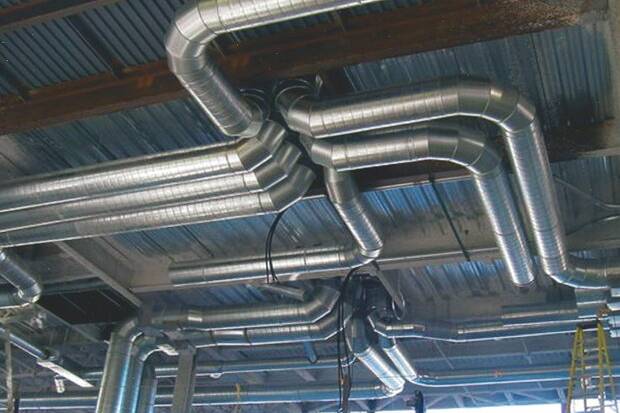6 March 2025
Navigating Interiors Engineering Challenges in New Zealand’s Education Sector: Key Considerations for Architects
Designing interiors for educational facilities in New Zealand requires a precise balance between safety, functionality, and compliance with Ministry of Education (MoE) regulations. From seismic resilience and fire safety to acoustic performance and durability, each element must be meticulously planned to create learning environments that are both adaptable and resilient. Missteps in detailing seismic gaps, ceiling systems, or service coordination can lead to costly rework and non-compliance. At Brevity, we simplify this complexity, guiding clients through a structured approach that ensures educational spaces are safe, efficient, and future-proof.
Services,Ceilings and Partitions,Education,Uncategorized,Methods & tools
10 December 2024
A Unified Step Forward: Strengthening Seismic Resilience in Building Design
Two key documents, the AWCI Code of Practice for Suspended Ceilings and the BIP Code of Practice for the Seismic Performance of Non-Structural Elements, have set a new benchmark for seismic resilience in building design. The AWCI CoP focuses on practical, updated guidance for suspended ceilings, integrating innovations like hybrid "fixed and floating" systems and expanded suspension options, while the BIP NSE CoP takes a holistic approach, addressing all non-structural elements and introducing concepts like Damage Control Limit State (DCLS). Together, these codes provide the clarity and tools needed to enhance safety, reduce costs, and build a more resilient industry.
Services,Racking,WORK TYPE,Ceilings and Partitions,Pioneering viewpoints,Methods & tools,CATEGORIES
23 May 2024
Exploring TS 1170.5 and its impact on Interiors Engineering and Seismic Restraint Design
In our latest webinar, we discussed the newly drafted Technical Specification TS 1170.5, which brings significant updates to earthquake design actions for commercial interiors. This innovative standard aims to incorporate recent seismic findings and offers a flexible approach for testing its commercial viability before formal integration into the building code. Key insights were shared by Matt Bishop, highlighting the impact on interiors engineering and seismic restraint design, particularly in high-risk areas like Wellington.
Services,Racking,WORK TYPE,Ceilings and Partitions,Methods & tools,CATEGORIES
21 September 2023
Decoding C2 anchors for Commercial Interiors – Webinar 3 by Gye Simkin
This webinar examines the growing need for C2 rated seismic anchors in New Zealand's commercial interiors due to new regulations. While these anchors enhance safety and compliance, they also pose challenges in terms of cost and installation.
20 July 2023
Remote Inspections for Commercial Interiors – Webinar 2 by Gye Simkin
This episode of our Brevity Technical Webinar series provided an insightful overview of the importance of construction monitoring for PS4s, the rise of remote inspections, and how to schedule a remote inspection.
Services,Racking,Construction Monitoring,Ceilings and Partitions,Methods & tools
1 July 2022
SEISMIC DESIGNS FOR LOVE AND CO: A SPECIALIST VET HOSPITAL
When it comes to designing suspended ceilings to withstand seismic loads, there are a number of solutions to consider.
Services,Construction Monitoring,Ceilings and Partitions,Health,Auckland/Northland,Recent projects
17 April 2022
MAKING SENSE OF PRODUCER STATEMENTS AND CONSTRUCTION MONITORING
Engineers use a standardised document called a Producer Statement (PS) to show that a proposed building element complies with the NZ building code. Construction Monitoring is the on-the-ground checking of the construction process as it takes place.
Services,Racking,Construction Monitoring,Ceilings and Partitions,Methods & tools
25 June 2020
‘HOW TO’ GUIDE ON SEISMIC COMPLIANCE
Brevity specialists in seismic engineering, share their thoughts on the drivers and the details of seismic engineering for non-structural building elements. Seismic engineering is a niche area that has evolved following the large number of damaging earthquakes seen in NZ in recent times and the increased regulation that has followed in Australia.
17 July 2019
Insurance and exposure of earthquakes in Australia and New Zealand: Brevity’s response to the ABCB Guidance Document.
Engineering for earthquake protection: our work with Foodstuffs







